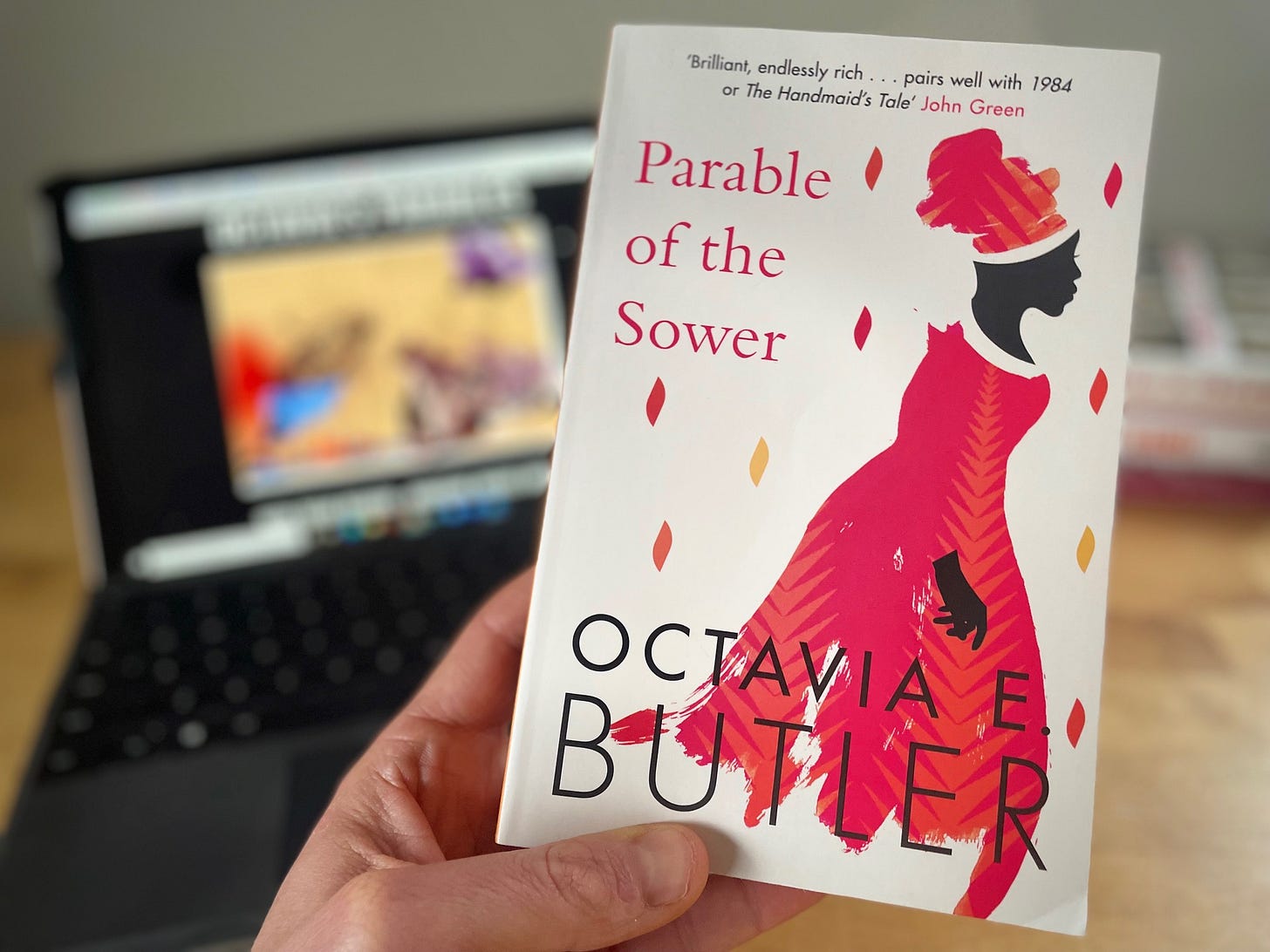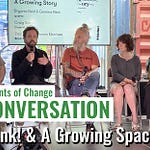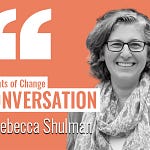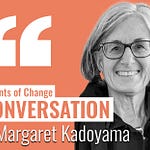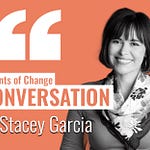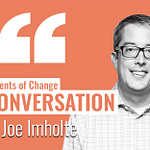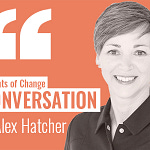Uncertainty and change are here to stay, that’s just a fact of life. So I’m always interested in exploring our relationship with these forces and giving ourselves some space and kindness to unpack that relationship.
For this issue of the newsletter, I ‘m experimenting with a new format – a voice note. I am hoping it helps to bring that extra feeling of human connection to this newsletter that I don’t think we get from just reading text on a screen. The voice note is not an audio version of this writing; it’s kind of a companion to this text. So I invite you to read this post and listen to the short voice note. You can access the voice note by hitting the play button at the top of this post.
Let’s Breathe Together
I don’t know about you, but as I make my way through transitions and changes in life or work, I just feel the weight of everything pushing down on me. Whenever I feel like this, I try my best to remember to just breathe and connect with how my body feels as I breathe. It’s a simple yet powerful human strategy for all of us changemakers.
Years ago, I heard visionary dance activist Shamell Bell talk about how the word ‘conspire’ actually means ‘to breathe together.’ With a group of museum professionals and nonprofit leaders, she led us through some very simple breathing exercises – and I remember how good it felt to connect with my own breath and to breathe with others. This has resonated with me ever since.
Let’s all just take a moment here, and breathe together. Connect with what it feels like for the air to come into our lungs – and then slowly exhale and feel the air leaving our lungs. Our breathe is life-giving and, yet we tend to just let it happen in the background. What happens if we bring it to the foreground more often, and simply feel the movement and rhythms of our breathing?
Our Relationship with Change
I have been spending time these past few weeks diving into Octavia Butler's Parable of the Sower and at the same time listening to Octavia's Parables, a phenomenal podcast hosted by adrienne maree brown and Toshi Reagon. While a dystopian novel about the future might sound like grim reading, I assure you it is not. Not only does Butler bring forth a shining vision of hope and change, but brown and Reagon’s podcast places Butler’s writings in a context for those intending to change the world through activism and community organizing work.
The podcast goes through Butler’s novels chapter by chapter, providing insights and key questions that bring additional layers of meaning to the writing (which, by the way, is already jam-packed full of some powerful meaning). I have found this to be the perfect pairing during uncertain times, allowing me to more fully engage with the complexities and challenges of the present moment and my own role (as an individual and as part of collective efforts) in proactively shaping the future.
Early in the podcast, adrienne maree brown poses the question: “What is your relationship with change?” Are we comfortable with change? Or not? In what ways are we changing the world around us, and how are we changing in response (even in the smallest ways)?
With everything always changing around us so rapidly, it can feel quite challenging to then be an advocate and agent for change in any aspect of your work or life. Right? Why on earth would we want more change? This is why I think it can be so important to hold space for our relationship to change, and be kind to ourselves as we navigate our struggles with change.
Let’s Share with Each Other
As part of this process of envisioning change, I invite you to share your responses to one or more of these questions with the “Agents of Change” community. These questions are also perfect for self-reflection as well as for sparking a conversation among your team or with people at all levels of your organization:
What is your relationship with change – right now, in this moment?
What are you struggling with the most?
What change might be challenging or difficult?
What changes are bringing you joy?
What are you most proud of right now?
Leave a comment here, responding with as few or as many thoughts, questions, and ideas as you’d like to share. Yes, short responses are very welcome – and so are long ones. And I’ll share my gratitude in advance for your honesty and vulnerability (both superpowers we need more of in this world).
Please consider reading each other’s comments and have an exchange via this platform. After all, I don’t see “Agents of Change” as just another passive monologue, but rather a more dynamic dialogue where we can be in conversation and connection with each other. That’s how we learn together, build relationships, and strengthen our collective practice. We can all be agents of change, even in difficult and challenging moments, and we can do this together!
I close this message with the opening words of Chapter 1, which adrienne maree brown has tattooed on her left arm:
"All that you touch
You Change.
All that you Change
Changes you.
The only lasting truth
Is Change.
God Is Change."


